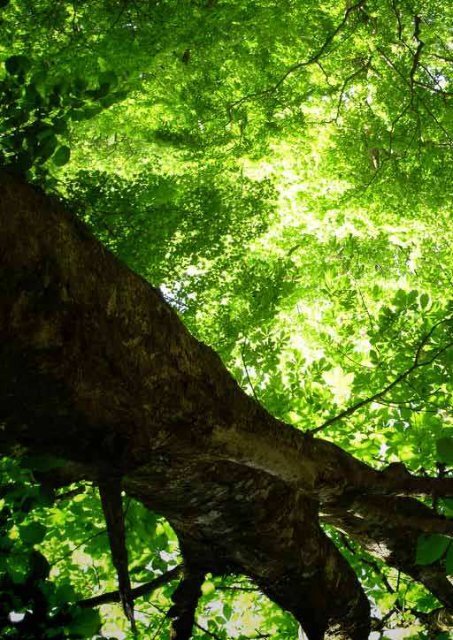ArchiAfrika-April-Magazine-English-final-v2
ArchiAfrika-April-Magazine-English-final-v2
ArchiAfrika-April-Magazine-English-final-v2
You also want an ePaper? Increase the reach of your titles
YUMPU automatically turns print PDFs into web optimized ePapers that Google loves.
Do you share the popular view that coal<br />
ash is more radioactive than nuclear<br />
waste?<br />
NS. Being a scientist, I would defer comment<br />
on this question to other experts. I have not<br />
researched it, so I have no opinion. It is however<br />
very easy to measure the radioactivity of coal<br />
ash to either verify or dispute this claim.<br />
You are for Biourbanism. Please explain<br />
what is this term.<br />
NS. Biourbanism uses human physiological<br />
and psychological responses to design the built<br />
environment. Everything we build must make<br />
us healthy and not damage our physiology.<br />
The earth’s biosystem has priorities for<br />
biological life; our activities (which include<br />
all our construction, energy generation, and<br />
use) should respect human sensibilities as<br />
long as those don’t damage the ecosystem;<br />
and only lastly prioritize our technology and<br />
its physical manifestations. During the past<br />
several decades, those priorities have been<br />
reversed to promote industrial consumption<br />
instead of biourbanism. A living city should<br />
allow the maximum number of people to lead<br />
healthy lives. The image and geometry of this<br />
healthy city designed by my friends is very<br />
traditional, and it definitely does not consist<br />
of glass skyscrapers amid superhighways:<br />
that is an unsustainable model that leads<br />
directly to ecological and societal disaster. A<br />
sustainable society builds innovation out of<br />
its own heritage and traditions, local evolved<br />
solutions and practices, etc. It does not throw<br />
away everything to replace it with an external<br />
model just because other countries are doing<br />
this.<br />
You support a sustainable future. How<br />
does a coal-powered plant fit in a small<br />
island like Mauritius?<br />
NS. It doesn’t fit at all. Mauritius is a tourist<br />
destination and you don’t want to ruin that<br />
industry by generating smoke like we see<br />
today in Chinese cities. Sure, you can clean<br />
the smoke by using technology, but that isn’t<br />
cheap, and then you become dependent upon<br />
imported high technology. Neither is coal<br />
energy sustainable. Where do you mine it?<br />
How expensive is transport to the island? Do<br />
you have guaranteed sources at an affordable<br />
price for the next several decades? Suppose<br />
China doesn’t have enough coal for its own<br />
power plants… can you compete on price<br />
with China? Will your source sell coal to you<br />
or to China? Questions that are embarrassing,<br />
because they reveal an underlying uncertainty<br />
and fundamental unsustainability. The<br />
militarily powerful countries can afford to<br />
support this extremely expensive city model,<br />
but it damages the lives of ordinary human<br />
beings. Developing countries cannot maintain<br />
it, simply because the stronger countries will<br />
grab the fossil energy sources when those<br />
eventually become scarce. Note that the<br />
scarcity will be determined by political and<br />
military might, and will occur not as the fossil<br />
fuel runs out, but when it seems certain that it<br />
will. Weak countries will be thrown out of the<br />
game altogether. Here is a chance for a small<br />
country to be more advanced than larger ones,<br />
by re-defining what “modernity” really means<br />
within the context of sustainability, and not<br />
tied to catastrophic consumerism.<br />
Previous Page: Image Courtesy of Prof. Ron Eglash<br />
94 95


